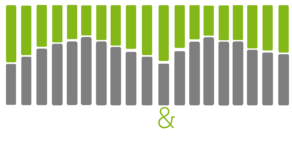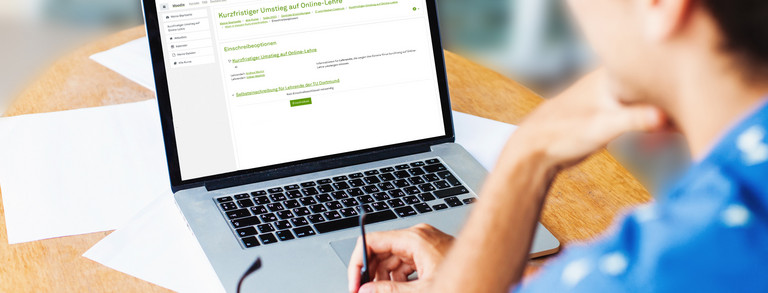New article in the TU Dortmund University research magazine “mundo”

In the current issue of TU Dortmund University's research magazine “mundo”, Prof. Martina Brandt focuses on the wide-ranging consequences of demographic change. She emphasizes that this change is often presented as a threat, although the focus should rather be on how society and politics can react appropriately.
Brandt's research focuses on identifying necessary adjustments to ensure the well-being of both younger and older generations. She pays particular attention to social inequalities in the care sector and calls for a public rethink. She emphasizes that care work has so far mainly been carried by women and that a shift in thinking is needed to distribute this burden fairly.
In addition to her academic work, Brandt is also involved in political consulting. She provides specific recommendations on how demographic change can be actively shaped. She sees not only challenges, but also opportunities, such as the possibility for many people to remain active after retirement. Nevertheless, she criticizes overly simple solutions in politics and the media and emphasizes the complexity of the topic.
This example of science communication is part of a total of ten articles in which TU scientists report on their work and the various ways in which they communicate it to the public. The complexity of the topics and the precise language needed to avoid misunderstandings are just two of the many challenges in a fast-moving media environment.
For this reason, the current issue of TU Dortmund University's research magazine focuses on science communication and how researchers work to effectively share their findings and promote a dialog with the public. Each issue of “mundo” is dedicated to a key topic and communicates scientific topics to a broad readership in an understandable way.
Further information and the latest articles can be found on the TU Dortmund University website or in the digital edition of “mundo”.


